In order to make the meetings as eco-friendly as possible, the Committee will meet using digital interfaces.
Chair

Professor Martin Thomas
History, University of Exeter
Martin Thomas is Professor in History at the University of Exeter. He is currently working on the meanings and impacts of colonial disintegration, focusing primarily on the interactions between decolonisation and globalisation. He also holds a three-year Leverhulme Trust Major Research Fellowship Globalising decolonisation: connecting processes of global transformation.
Members
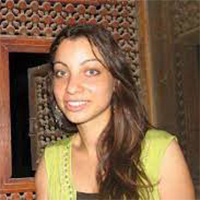
Dr. Reem Abou-El-Fadl
Politics and IR, SOAS University of London
Reem Abou-El-Fadl is Senior Lecturer in Comparative Politics of the Middle East at SOAS University of London, and Fellow of the Higher Education Academy. Her research interests are in the politics of nationalism and nation making in the Middle East, and the connections between local, national, and transnational scales of political identity.
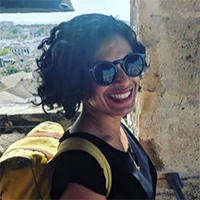
Dr. Nadia Atia
World Literature, Queen Mary University of London
Nadia Atia is Senior Lecturer in World Literature at Queen Mary. Her research examines Britain’s ever-evolving relationship with Iraq, and the ways in which Iraq and its people are represented in contemporary Iraqi literature available in the UK. She is currently working on a Leverhulme-funded project, which examines representations of home in contemporary Iraqi writing, particularly that which is available in translation.
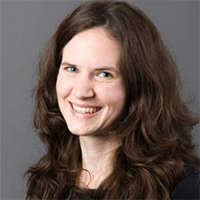
Dr. Sarah Bulmer
Politics, University of Exeter
Sarah Bulmer is Senior Lecturer at the University of Exeter. She works in the field of Critical Military Studies and International Relations and is particularly interested in critical theories of subjectivity and the implications of these for thinking about military identity, the legacies of contemporary conflict and processes of militarisation.
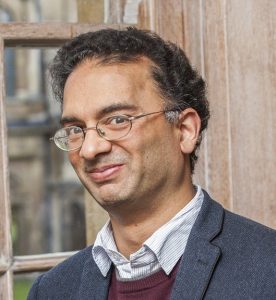
Dr. Glen Rangwala
Politics and IR, University of Cambridge
Council Member of the British Institute for the Study of Iraq
Glen Rangwala is Lecturer and Trinity College fellow at the University of Cambridge. He specialises in the politics of the modern Middle East, especially the Levant (including Lebanon, Syria, Israel, Palestine) and the northern Gulf region (including Iraq, Iran, Saudi Arabia and Kuwait). His particular interests are (i) on the forms of political debate in these regions; and (ii) the character of the state and state-building processes.

Dr. James Thompson
History, University of Bristol
James Thompson is Reader in Modern British History at the University of Bristol. His primary research interests lie in the political and intellectual history of Britain since 1850. He has written on class, popular political economy, Victorian scandals and trade union legislation. His monograph British political culture and idea of ‘public opinion’, 1867-1914 examines how Britons understood ‘public opinion’ prior to the rise of polling, and what this tells us about the political culture of the period.
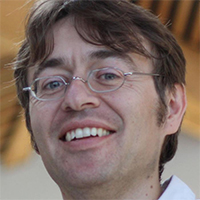
Professor Richard Toye
History, University of Exeter
Richard Toye is Professor in History at the University of Exeter. He is an historian of Britain in in its global and imperial context in the period from the late Nineteenth Century to the present day. He is particularly interested in the rhetorical dimensions of politics, economics and empire. In recent years, one of his major interests has been the rhetorical culture of the House of Commons and the print culture surrounding general elections.